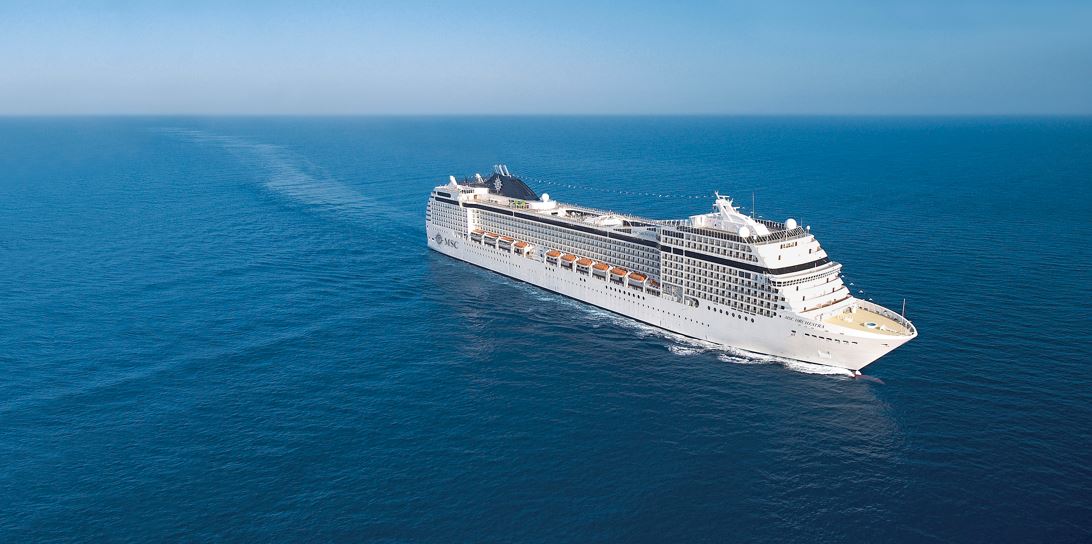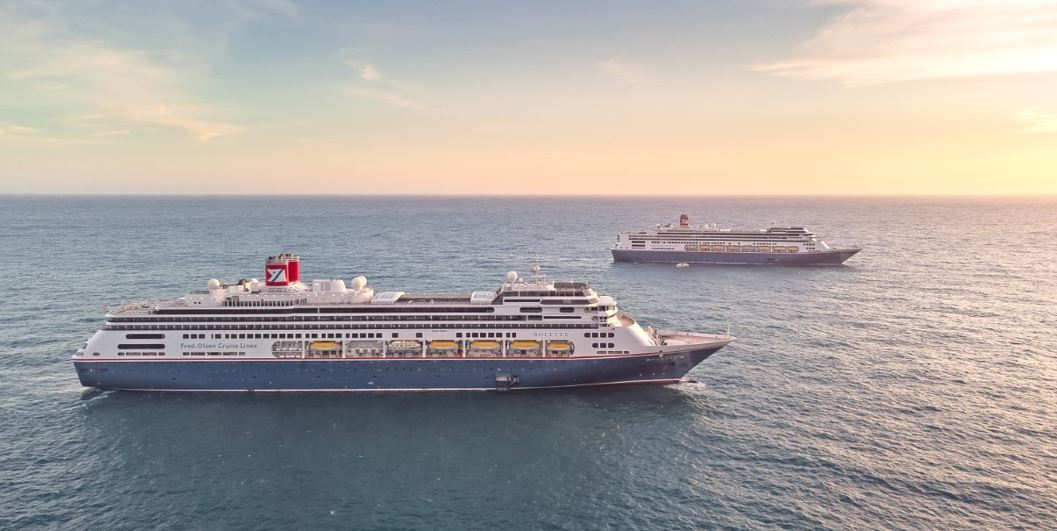Leading travel and cruise companies are increasingly embracing sustainability as a core part of their operations, with MSC Cruises, Fred. Olsen Cruise Lines, and Newmarket Holidays each taking significant steps to reduce environmental impact and promote responsible tourism. In recent years, sustainability has become a central focus within the travel industry, as companies recognize the urgent need to reduce their environmental footprint and contribute positively to the communities they serve. The travel sector, particularly cruise lines and tour operators, has a significant impact on both the environment and local populations. As a result, these companies are now adopting innovative technologies and responsible practices to ensure they minimize their impact on the planet, improve social outcomes, and promote sustainable development.

MSC Cruises has set a bold long-term target of achieving net-zero greenhouse gas emissions by 2050. A major milestone toward this goal was the net-zero voyage of the LNG-powered MSC Euribia in 2023, demonstrating the viability of cleaner cruise technology. The company continues to expand its LNG-capable fleet while investing in renewable fuels like bio-LNG and green hydrogen.
To further cut emissions, MSC is equipping ships with shore power capabilities, reducing onboard engine use during port stays—completing 44 such connections in 2023 and aiming for 220 in 2024. Water efficiency is another focus, with 87% of water now produced via desalination onboard and per-guest consumption reduced by over 17% year-on-year. Additionally, MSC partners with NatureMetrics to support marine biodiversity research and promotes responsible tourism through local partnerships and social investments at destinations.
Find out more about MSC Cruises.

Similarly, Fred. Olsen Cruise Lines is embedding sustainability into its guest experience and operations. The company has eliminated single-use plastics such as straws, cutlery, and plastic laundry bags, while promoted reusable alternatives and supported the national Refill Campaign. Guests are encouraged to bring reusable water bottles, replacing plastic bottled water with daily-replenished glass carafes.
Wildlife conservation is a key priority, with over 9,500 marine animal sightings recorded in 2024 through a partnership with ORCA, helping to inform protected area designations for species like whales and dolphins. Fred. Olsen also runs more than 90 environmental projects, including coastal cleanups involving over 1,300 people and educational workshops on marine conservation.
Find out more about Fred. Olsen Cruise Lines.

Newmarket Holidays is driving sustainability through its “Travel for Good” initiative, which combines environmental stewardship with ethical tourism. It donates £1 per passenger in 2024 to support peatland restoration in the North Pennines AONB—an effort that helps capture carbon, restore biodiversity, and protect water systems.
The company has also produced carbon-balanced brochures in partnership with the World Land Trust, protecting over 62,000 square meters of rainforest and offsetting more than 1,500 tonnes of CO₂. A digital transition has seen a 45% reduction in paper use since 2019, with all materials now biodegradable and unused brochures fully recycled. On the community side, Newmarket Holidays works closely with local partners to design socially responsible tours, supports women’s empowerment in destinations like India, and avoids any activities involving animal exploitation. Its partnership with the charity Just a Drop has brought clean sanitation facilities to schools in Nicaragua, backed by over £7,000 raised through virtual fundraising efforts.
Find out more about Newmarket Holidays.

Riviera Travel like its counterparts, is committed to sustainability. The company is working toward carbon neutrality by 2025 by reducing its environmental impact across all operations. Key measures include the use of energy-efficient vehicles for tours and the investment in greener modes of transport, such as electric buses. Riviera has also eliminated single-use plastics on its river cruise fleet, replacing them with sustainable alternatives like glass and metal containers.
The company also focuses on waste management, implementing recycling programs both onboard and during tours to reduce landfill contributions. Riviera works with eco-certified hotels to ensure its guests stay in sustainable accommodations, and it promotes responsible tourism by supporting local communities and fostering sustainable practices.
Find out more about Riviera Travel.
Call us today on 01962 396 100 to start planning your next trip away!